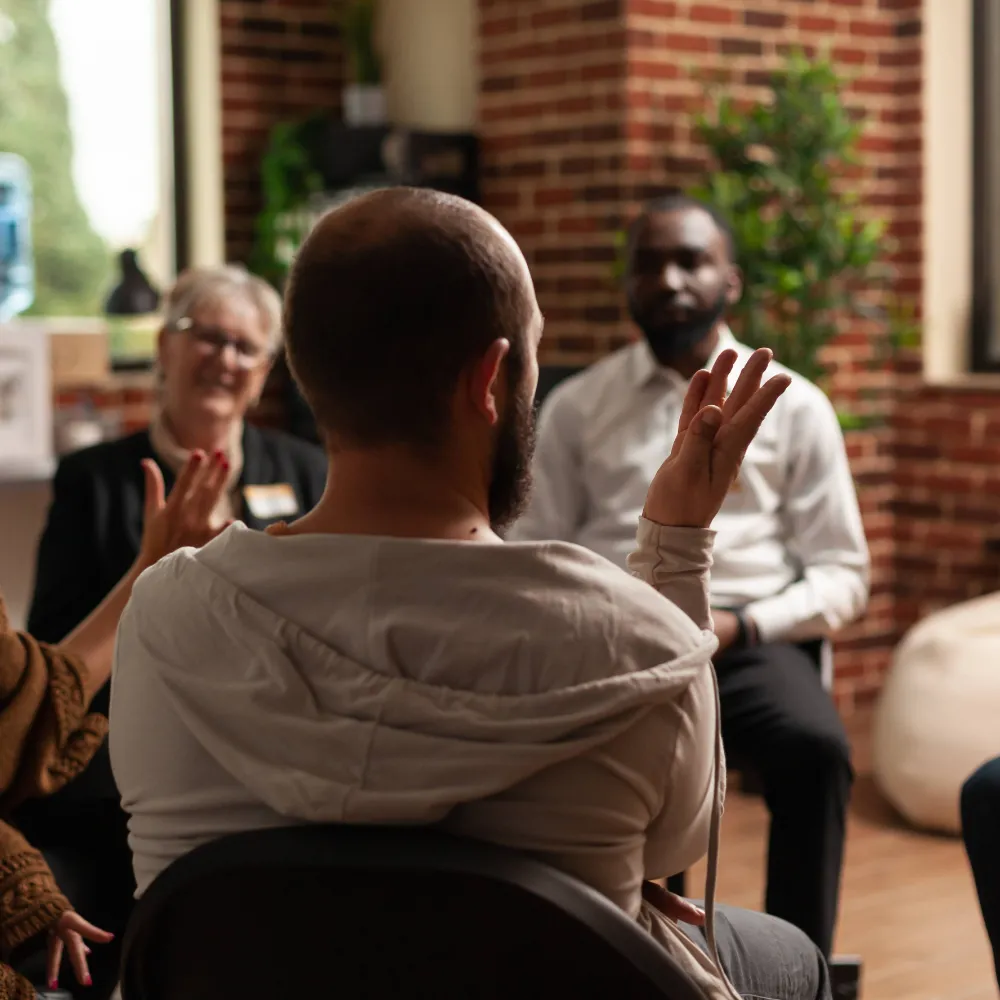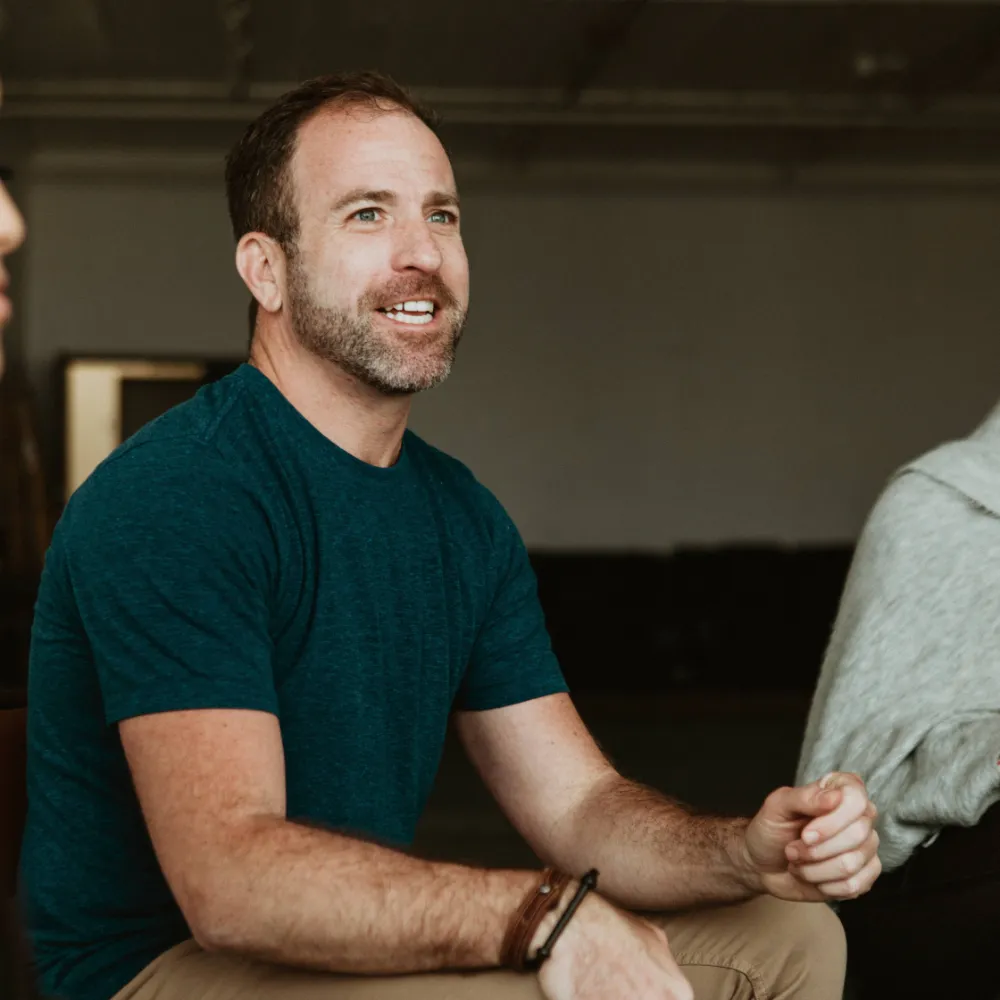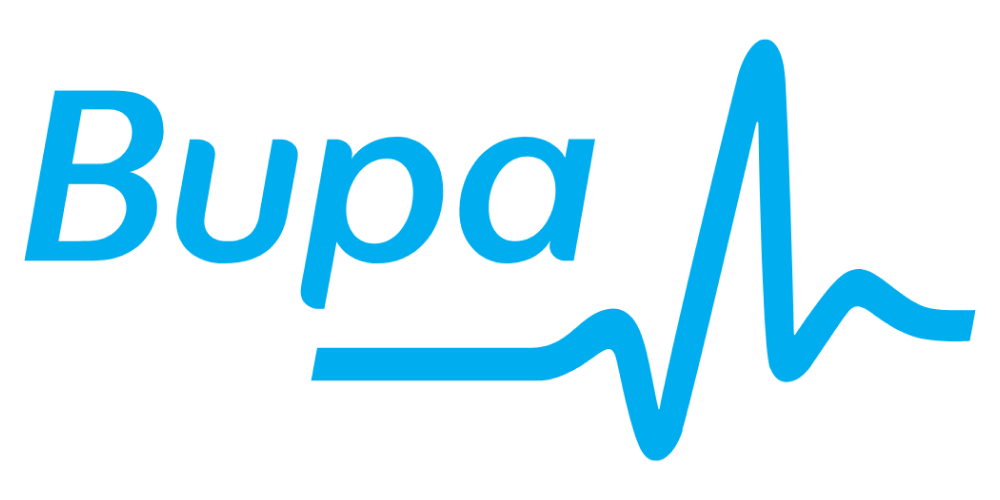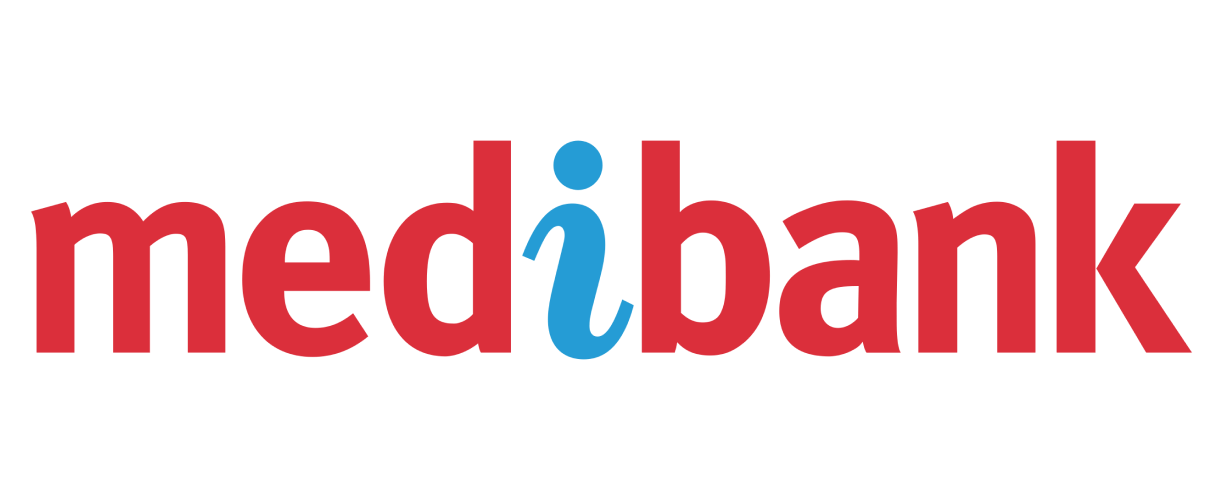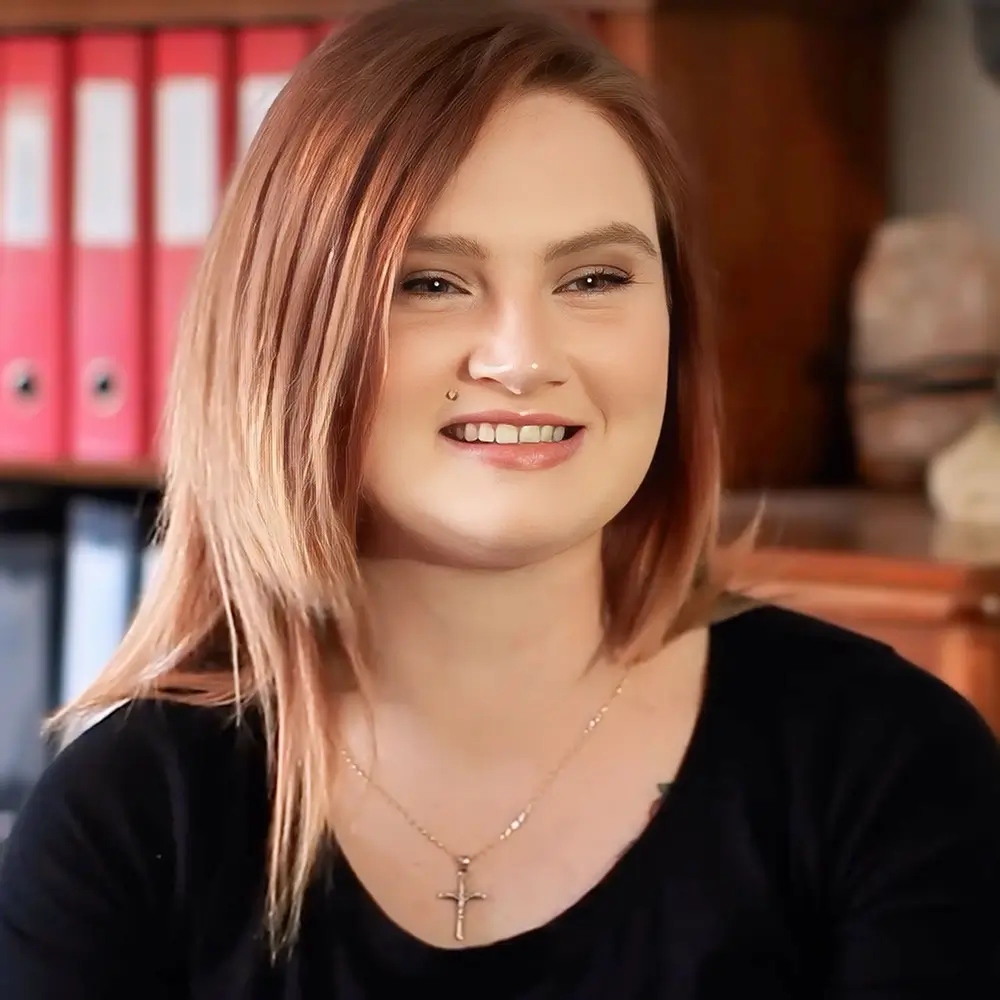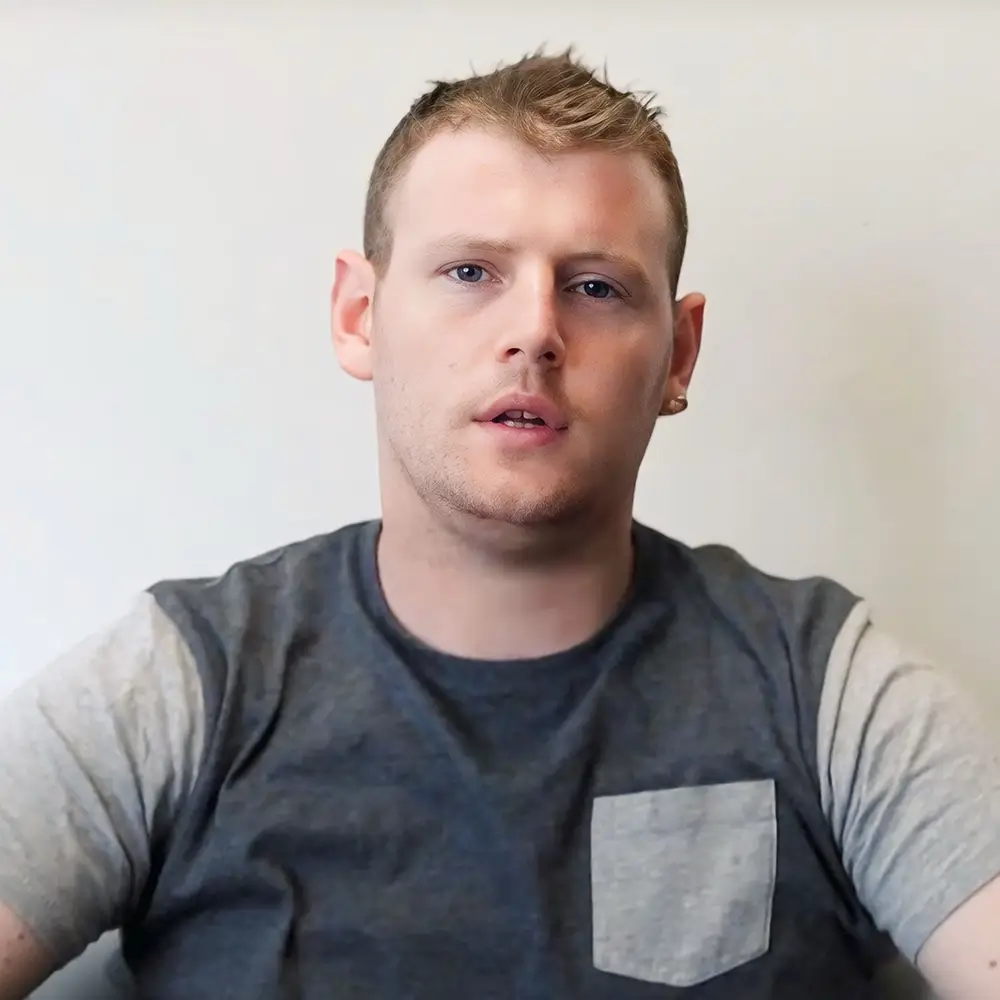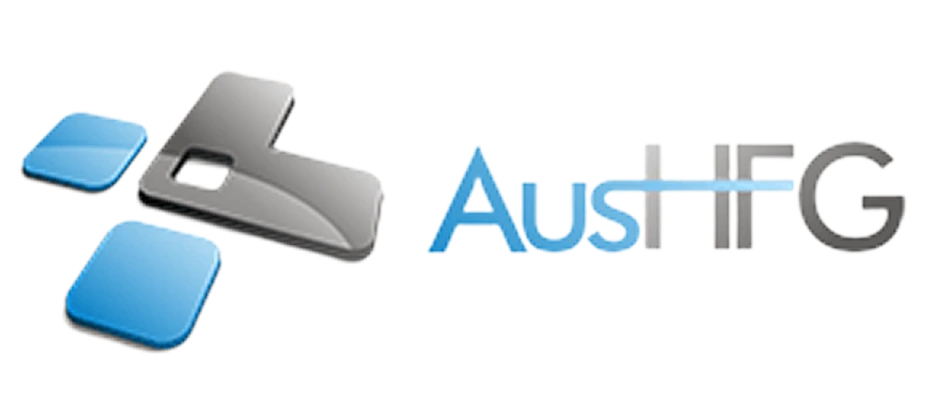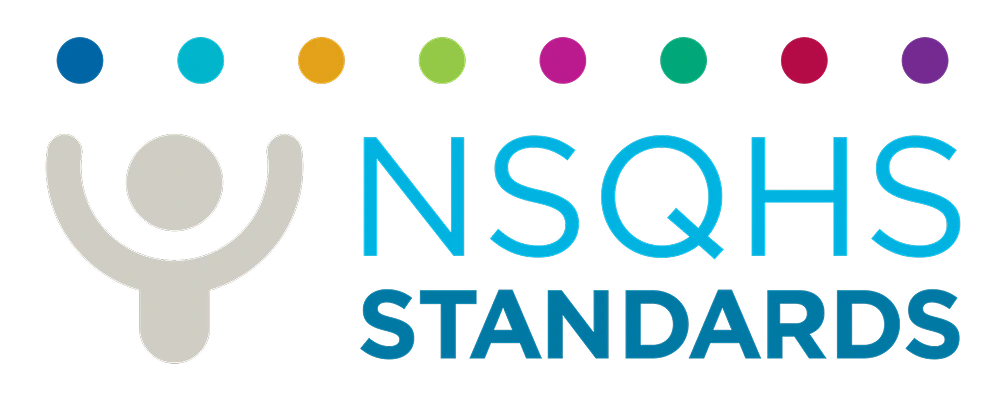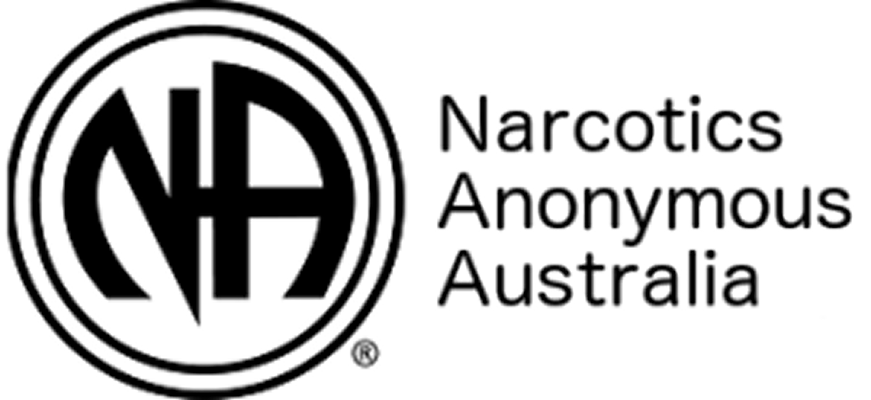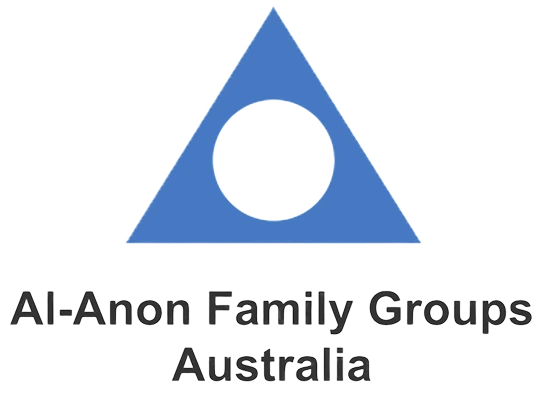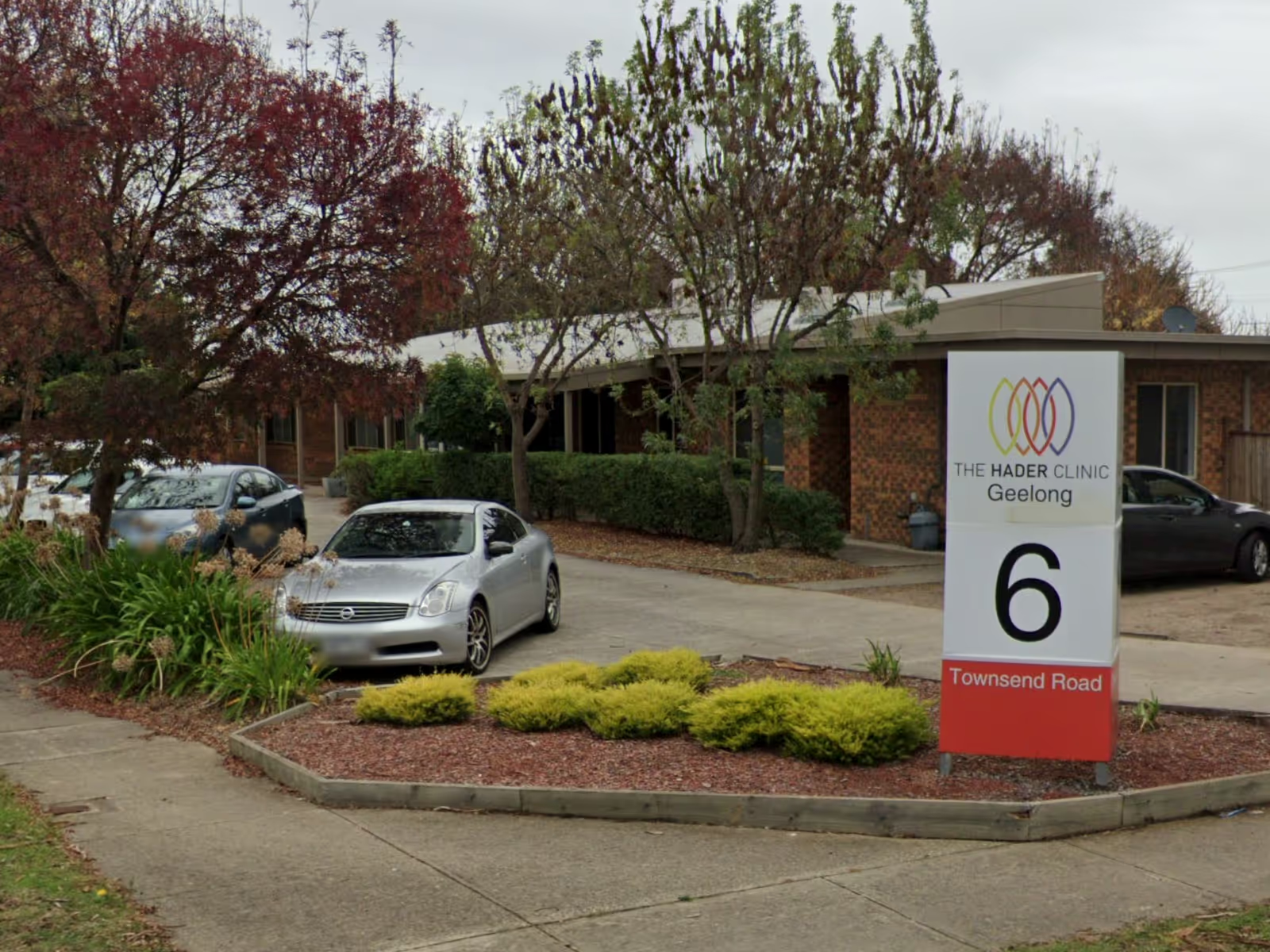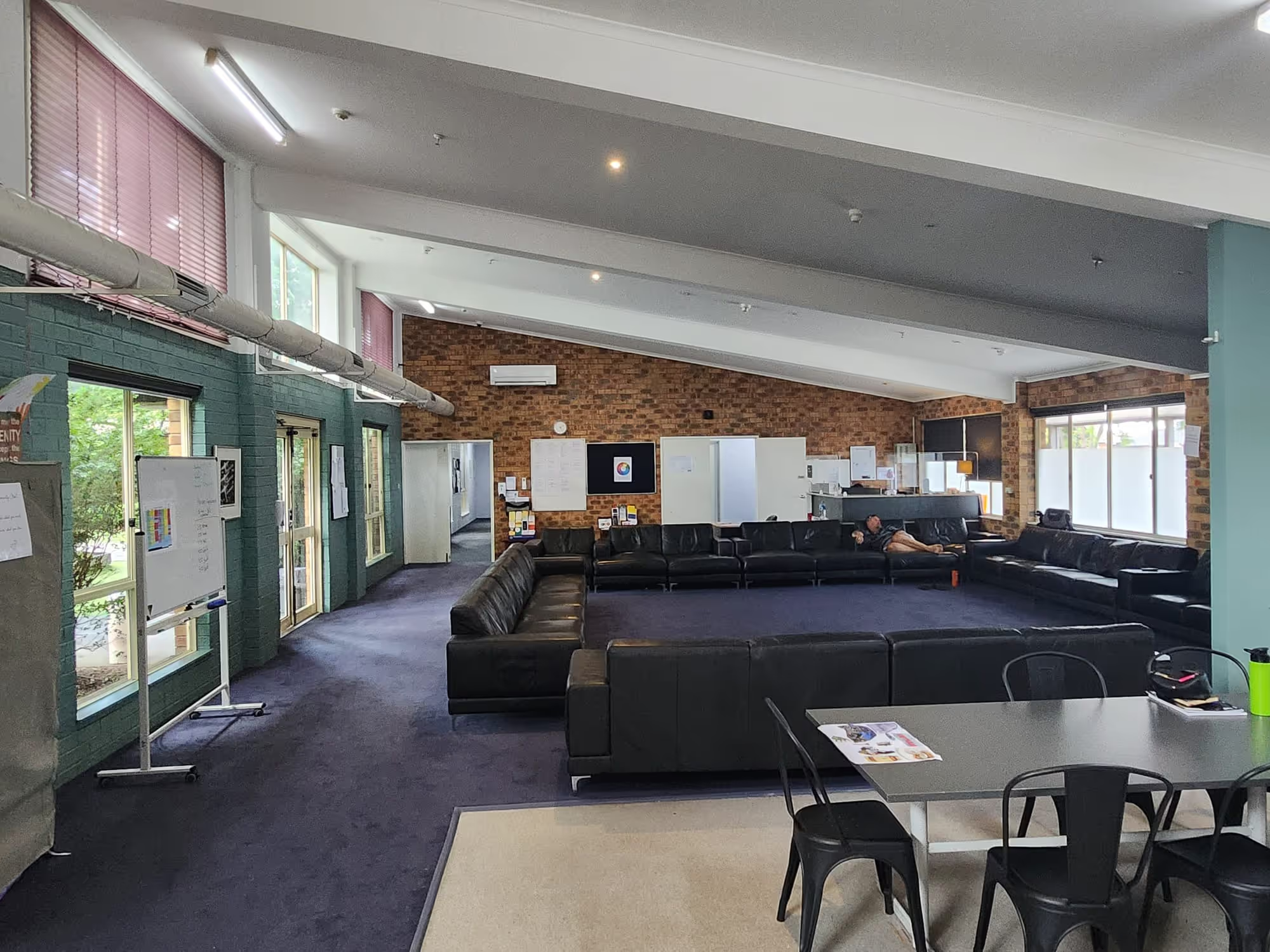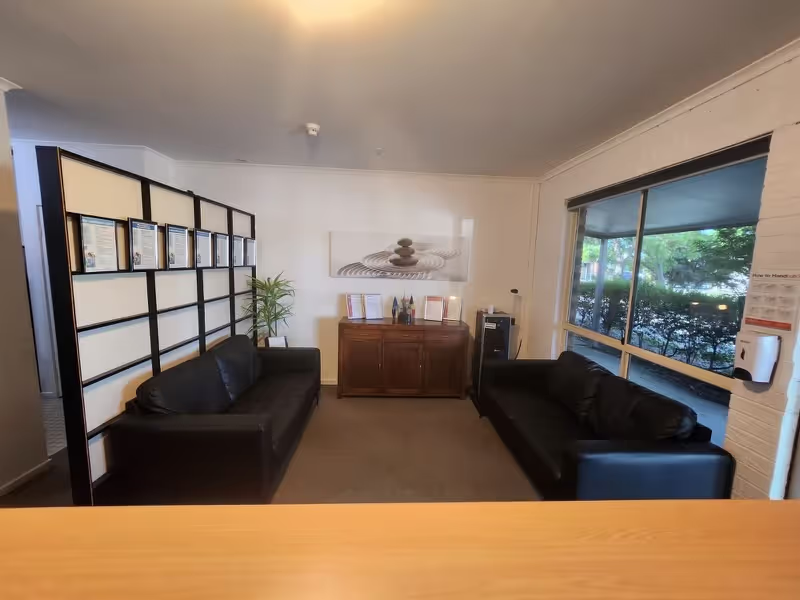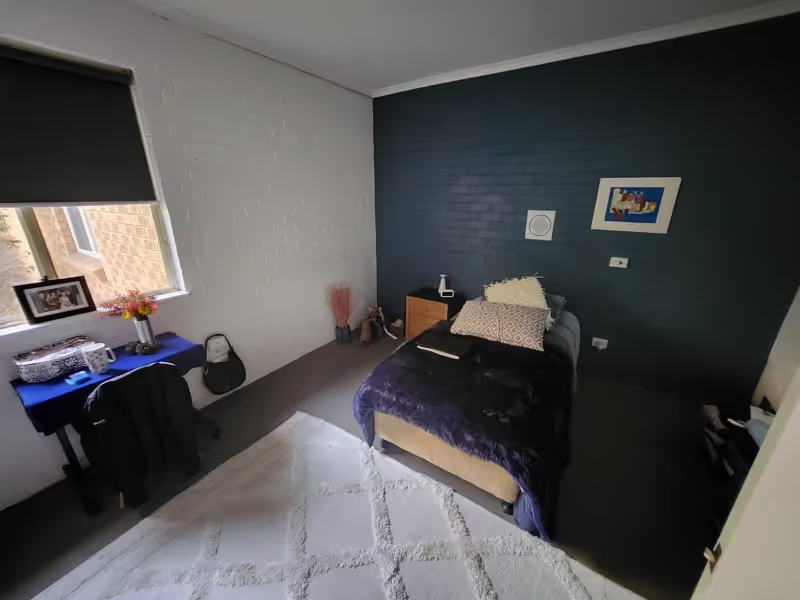If you’re worried about finding affordable rehab, we’ll be glad to help you find cost-effective ways to pay for your recovery at The Hader Clinic. The Australian government, non-profit organisations, and financial assistance programs all offer support for people seeking help for addiction.
Here’s how you can start:
- Check for government-funded rehab programs: Some public rehabilitation services offer free or low-cost addiction treatment, depending on eligibility.
- Look into concession-based support: Health Care Cards and Pensioner Concession Cards can help reduce healthcare costs.
- Consider flexible payment plans: The Hader Clinic offers structured payment plans to help spread out the cost of treatment.
- Explore other funding options: Programs such as NDIS, superannuation access, and veterans’ support may be available to assist with rehab costs.
We can offer you a payment plan that staggers out your payments, and we may be able to offer discounts or specialist pricing for hardship cases and extended stays. These options make our highly successful 90-day residential rehab program far more accessible. Let us know what your financial situation is, and we’ll help you find a solution.









